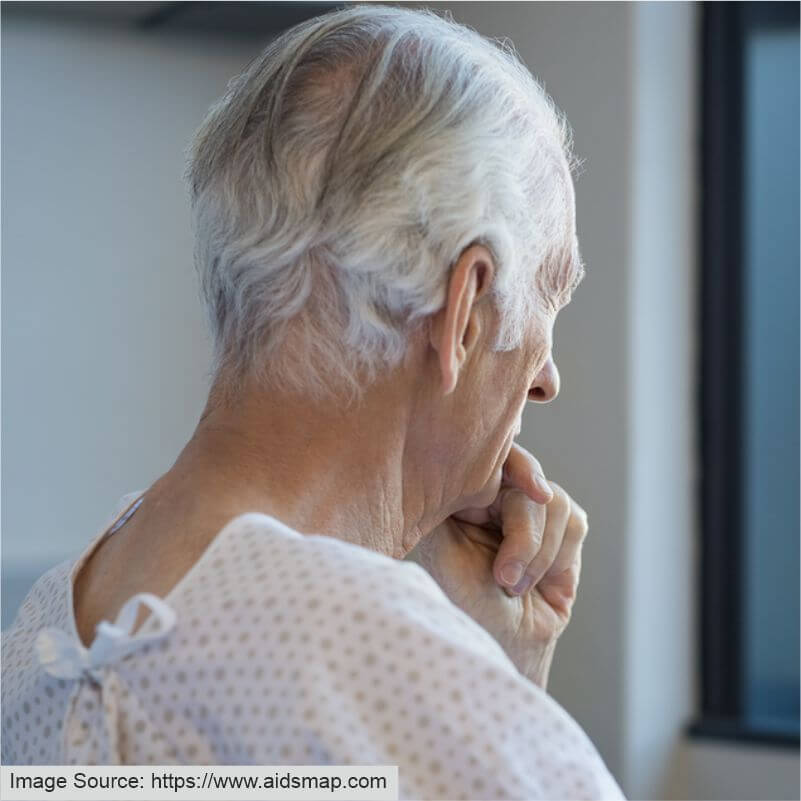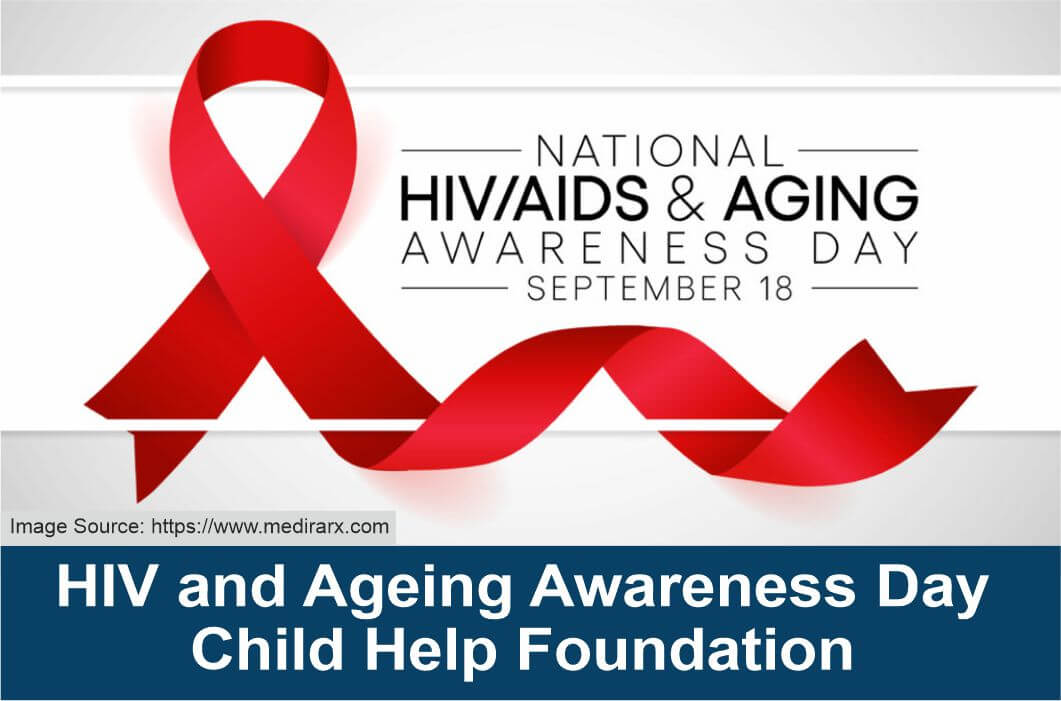Human Immunodeficiency Viruses (HIV) and Aging Awareness Day, observed on 18th September each year, draws attention to the unique challenges faced by older adults living with HIV. As medical advancements have enabled people with HIV to live longer, healthier lives, the focus has shifted towards understanding the specific needs of an ageing population affected by the virus. In recent years, more people over the age of 50 have been diagnosed with HIV, and many long-term survivors are now entering older age. This trend highlights the importance of addressing both the physical and psychosocial aspects of ageing with HIV.
A Shift in the HIV LandscapeWhen the HIV epidemic first emerged in the 1980s, a diagnosis was often viewed as a death sentence. However, the introduction of antiretroviral therapy (ART) has dramatically transformed the prognosis for people living with HIV. With ART, individuals can suppress the virus to undetectable levels, allowing them to live healthier lives. Consequently, many individuals who were once considered to have a limited life expectancy are now ageing with HIV.
In 2022, it is estimated that nearly half of the people living with HIV in the UK were aged 50 and over. This demographic shift brings with it new concerns, as older adults living with HIV are more susceptible to age-related health issues, such as cardiovascular disease, diabetes, and certain cancers, alongside managing their HIV.
Health Complications and StigmaPeople ageing with HIV face a range of health complications. Studies have shown that the virus, along with long-term use of ART, can accelerate the ageing process, leading to conditions such as osteoporosis, neurocognitive decline, and frailty at younger ages compared to their HIV-negative counterparts. These complications necessitate a holistic approach to healthcare, where HIV care is integrated with senior care to provide comprehensive support for older adults.
In addition to physical health challenges, stigma and isolation remain significant issues for older adults living with HIV. Many long-term survivors experienced the height of the HIV epidemic when misinformation and prejudice were widespread. Some have lost friends and partners to the virus, leaving them with fewer social connections as they age. Addressing these psychosocial concerns is crucial to improving the quality of life for older adults with HIV.

Raising Awareness and Improving Support
HIV and Aging Awareness Day aims to bring these issues to the forefront, encouraging healthcare providers, policymakers, and the general public to understand this growing population's needs better. Awareness campaigns advocate for increased research into the effects of ageing with HIV and promote the development of specialised services that cater to the physical, mental, and emotional well-being of older adults living with the virus.
It is essential to continue breaking down the stigma surrounding HIV and ageing. Education and open dialogue can help dispel misconceptions about the virus and create a more inclusive society where older adults with HIV feel supported and valued.
In conclusion, as the population of people ageing with HIV continues to grow, there is a pressing need for awareness, research, and support tailored to their unique challenges. HIV and Aging Awareness Day serves as a reminder that with the right care, education, and understanding, older adults living with HIV can continue to lead full, healthy lives.
